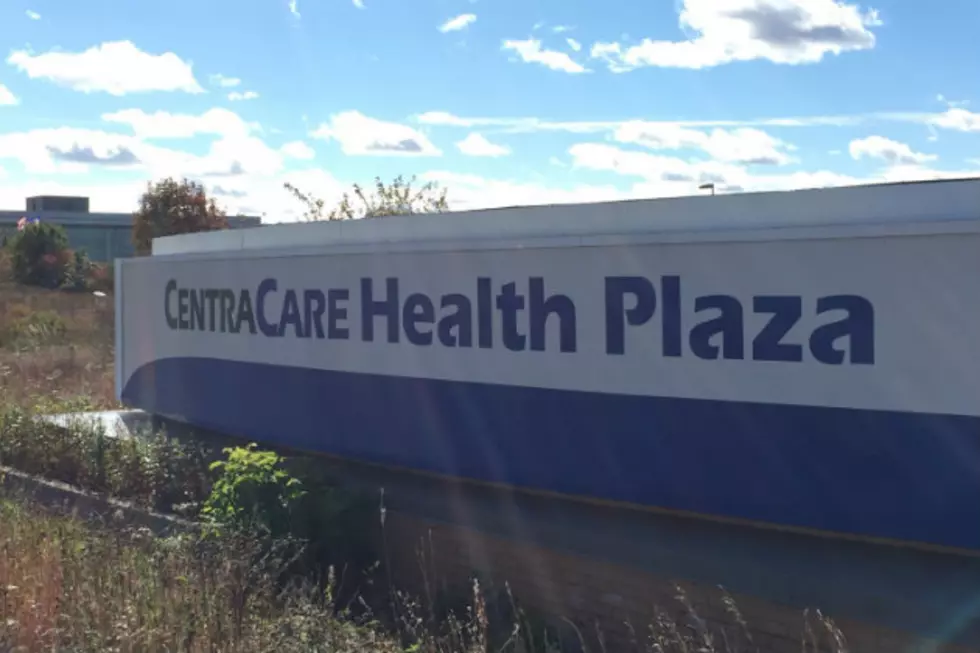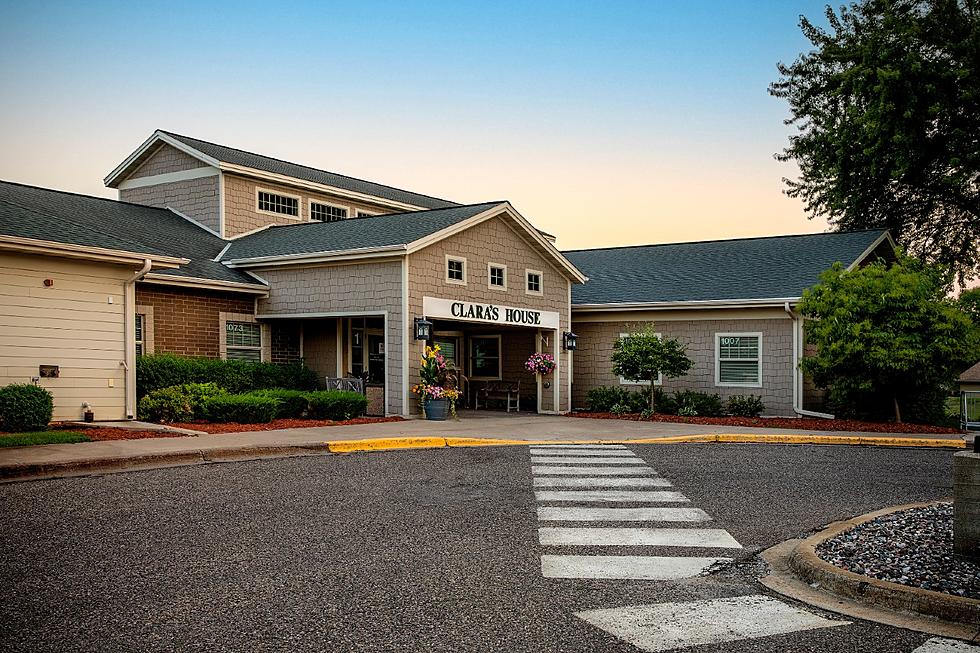
CentraCare Specialist: Isolation Taking Toll on Refugees, Survivors of Trauma
ST. CLOUD -- The coronavirus pandemic, and the isolation required to blunt its spread, is having a particularly vicious impact on survivors of trauma.
It's a challenge Kahin Adam, Community Health Specialist for CentraCare, is tackling head on.
Adam also works with St. Cloud Catholic Charities and is member of St. Cloud's 14-member Somali COVID-19 task force. He holds dual master’s degrees from Columbia University in Clinical Mental Health and Public Health, and has experience working with the Center for Victims of Torture in Minneapolis. Adam says isolation can be very triggering for members of the refugee community, many of whom lived through mandatory isolation and movement restrictions under an authoritarian government.
“When you’ve been traumatized, and you’ve already been through a war, and living in a refugee camp, and then you come to a new country where you don’t understand the culture or the language and then you have COVID-19, it’s a disaster,” Adam said. “Isolation is a trigger for them, because they live through a dictatorship and a totalitarian government. The government used to lock down the whole country.”
Adam says many Somali people he speaks with are concerned about the death of loved ones and not being able to provide proper burials or funerals.
“That’s not going to happen right now,” Adam said. “Funeral ceremonies and ritual are very important to a lot of the community members I work with. They’re having a really difficult time saying goodbye to loved ones, or a mother or father, and then not having a proper burial or ritual. It’s very difficult for many people.”
Adam says there's also a pervasive stigma surrounding mental health topics in the Somali community. When coupled with the lack of culturally-competent and accessible local resources, he says it's a difficult problem to address.
“Unfortunately, mental illness is highly stigmatized,” Adam said. “If someone is triggered by the COVID-19 pandemic, they may not be able to seek treatment out of fear of how people might look at them. And, many of the people I work with, they don’t know how to use technology, or speak English, so they wouldn’t be able to use telemedicine. People are going through a lot right now, and they need a lot of support.”
Adam was fairly new in his community outreach position with CentraCare when the COVID-19 began. Lately, he’s been appearing on local Somali TV and radio, helping translate critical information, and sharing his phone number widely.
“Some people call me with their questions about COVID-19,” Adam said. “Some people call looking for food support. Other people have questions about mental health. Some people are looking to be connected with therapy.”
Adam isn’t offering counseling services currently, but is working to connect individuals with virtual services in the Twin Cities. His team is also working to address the practical needs of isolated individuals.
“We’re trying to make sure they’re emotionally supported, but also that they have food and medications, like Tylenol," Adam explained. "We’re trying to help connect people to CentraCare and other organizations in the area to bridge the gap.”
Adam says the first step for those facing mental health issues during the coronavirus pandemic is to recognize the powerful role isolation plays.
“Isolation can have a devastating impact on mental health,” he said. “Pay attention to what’s going on with your mind, and what’s happening with your body. I talk to a lot of people who are dealing with insomnia. They can’t eat. They’re crying easily, or are irritable or angry, and they don’t know why. Once you recognize these things, you should ask yourself, ‘okay, now what should I do to try to ease this pain?’ Recognizing what is going on in your mind is very important.”
The second, he says, is to connect with the people in your life who support and comfort you.
“I personally don’t like the words ‘social distancing,” Adam admitted. “I think it should be physically distanced, and socially connected. We need to keep our physical distance of course, but we need to stay connected. I have been telling people – use FaceTime, use Zoom. It’s better to see somebody’s face and their smile and you can laugh together.”

Heroes Among Us: Central Minnesota Reponds to COVID-19
More From AM 1240 WJON









